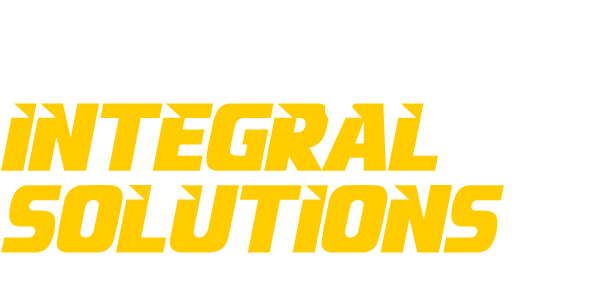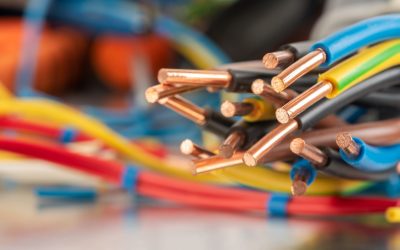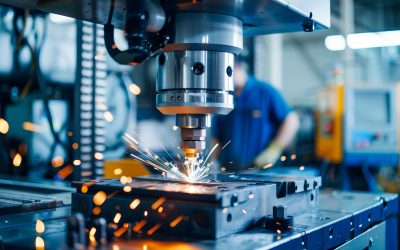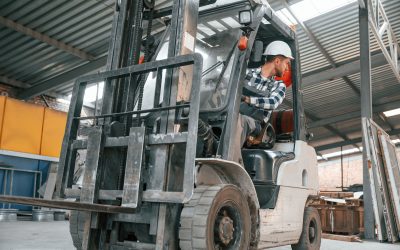The implementation of efficient conveyor systems is essential in the automotive industry to enhance logistics and production. In this comprehensive article, we will explore the fundamental elements necessary for the successful installation of conveyors in vehicle manufacturing, breaking down each component with concrete examples and specific details.
- Customized Design for Specific Needs: The Key to Successful Integration
The first step is a customized design that suits the specific needs of the automotive production line. For instance, in the manufacturing of electric vehicles, where battery assembly is critical, a conveyor designed to handle battery modules with precision and safety is essential. We will explore how custom design optimizes efficiency, minimizing bottlenecks and maximizing productivity.
- Sensor Technology: Ensuring Precision in Component Handling
The integration of sensor technology is crucial to ensuring precision in component handling along the production line. Vision sensors, for example, can detect irregularities in body parts and automatically adjust the conveyor speed to prevent damage. We will analyze how sensor technology enhances quality and consistency in component handling, highlighting specific examples of its implementation in the automotive industry.
- Advanced Control Systems: Optimizing Coordination and Workflow
The installation of advanced control systems is essential to optimize coordination and workflow on the production line. Programmable Logic Controllers (PLC) can be used to synchronize conveyor movements, ensuring efficient distribution of vehicles at each stage of the process. We will see how these advanced control systems improve operational efficiency and minimize downtime, examining practical cases in the automotive industry.
- Resilient and High-Quality Materials: Durability for Continuous Performance
Choosing resilient and high-quality materials is essential to ensure the durability and continuous performance of conveyors. In demanding industrial environments, such as steel chassis manufacturing, conveyors made with corrosion-resistant and wear-resistant materials are crucial. We will examine how the proper selection of materials contributes to the longevity of conveyors, minimizing maintenance costs and maximizing efficiency.
- Professional Installation Service by an Integrator: Ensuring Successful Implementation
Conveyor installation requires expertise and specialized knowledge. Collaborating with a professional integrator ensures a seamless implementation. These specialized companies not only have trained technicians but also offer customized services tailored to the specific needs of the automotive industry. A notable example is the conveyor installation service from JMN Industrial Solutions, covering everything from initial planning to commissioning, ensuring a smooth and efficient integration.
- Predictive Maintenance: Reducing Downtime and Optimizing Resources
Predictive maintenance has become an invaluable tool in the installation and operation of conveyors in the automotive industry. Using sensors and monitoring technologies, potential issues are identified before they cause major failures. We will analyze how predictive maintenance reduces downtime, optimizes resources, and improves the overall efficiency of conveyor systems.
Ensure Success with JMN Industrial Solutions
In the quest for a successful implementation of conveyors in the automotive industry, having a reliable partner is essential. JMN Soluciones Industriales offers expertise and specialized knowledge in the installation and optimization of conveyor systems for vehicle manufacturing. Our team of professionals is ready to customize solutions according to your specific needs. Contact us today to take the efficiency of your production line to the next level!



